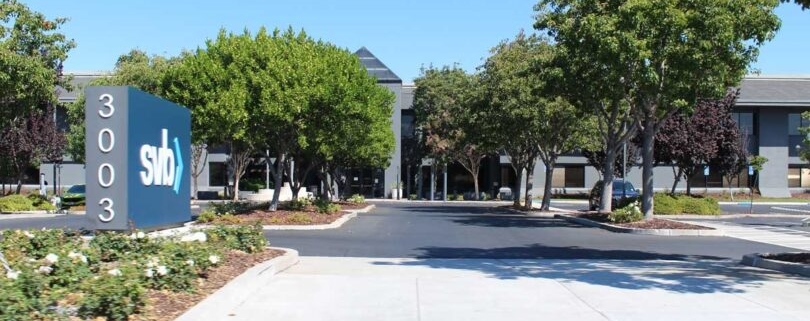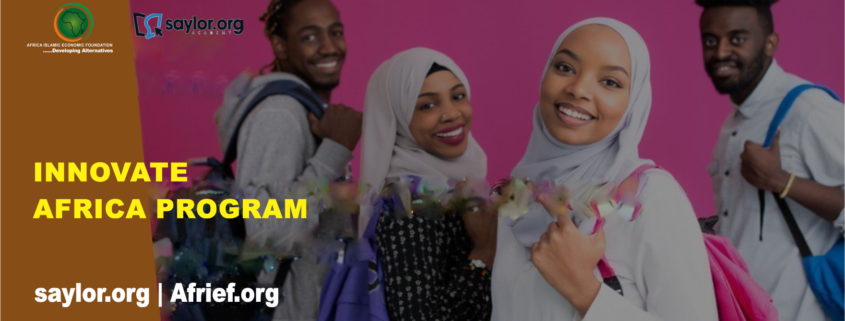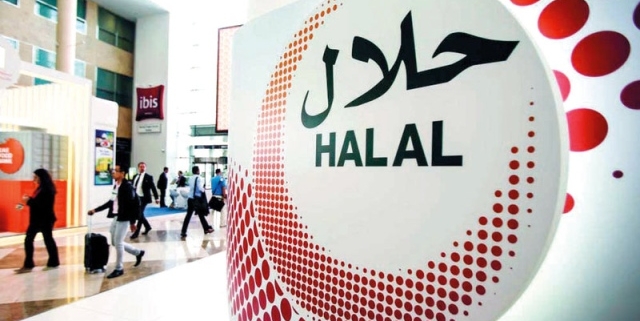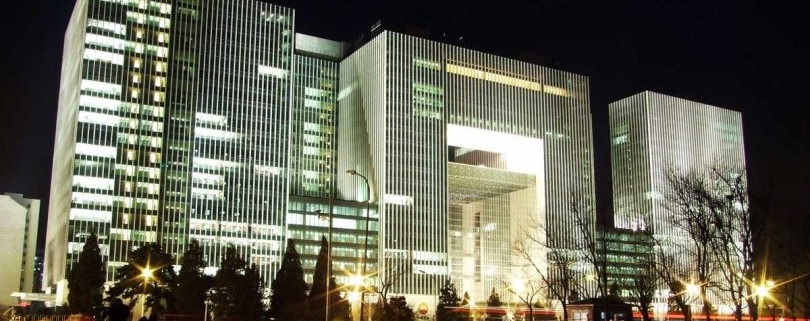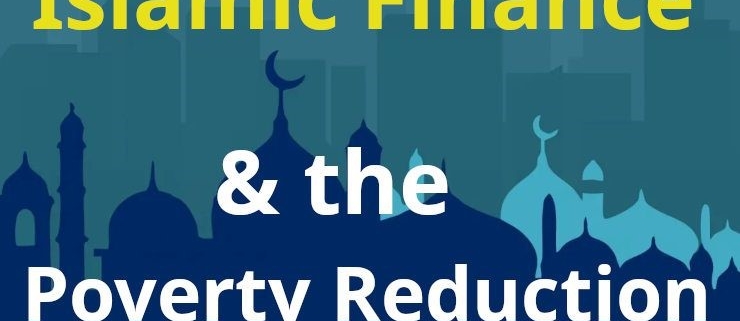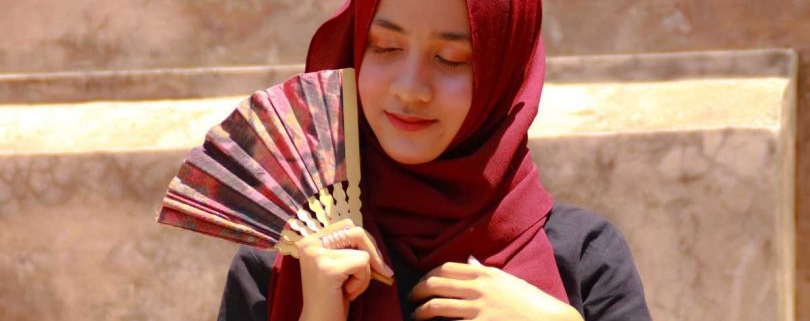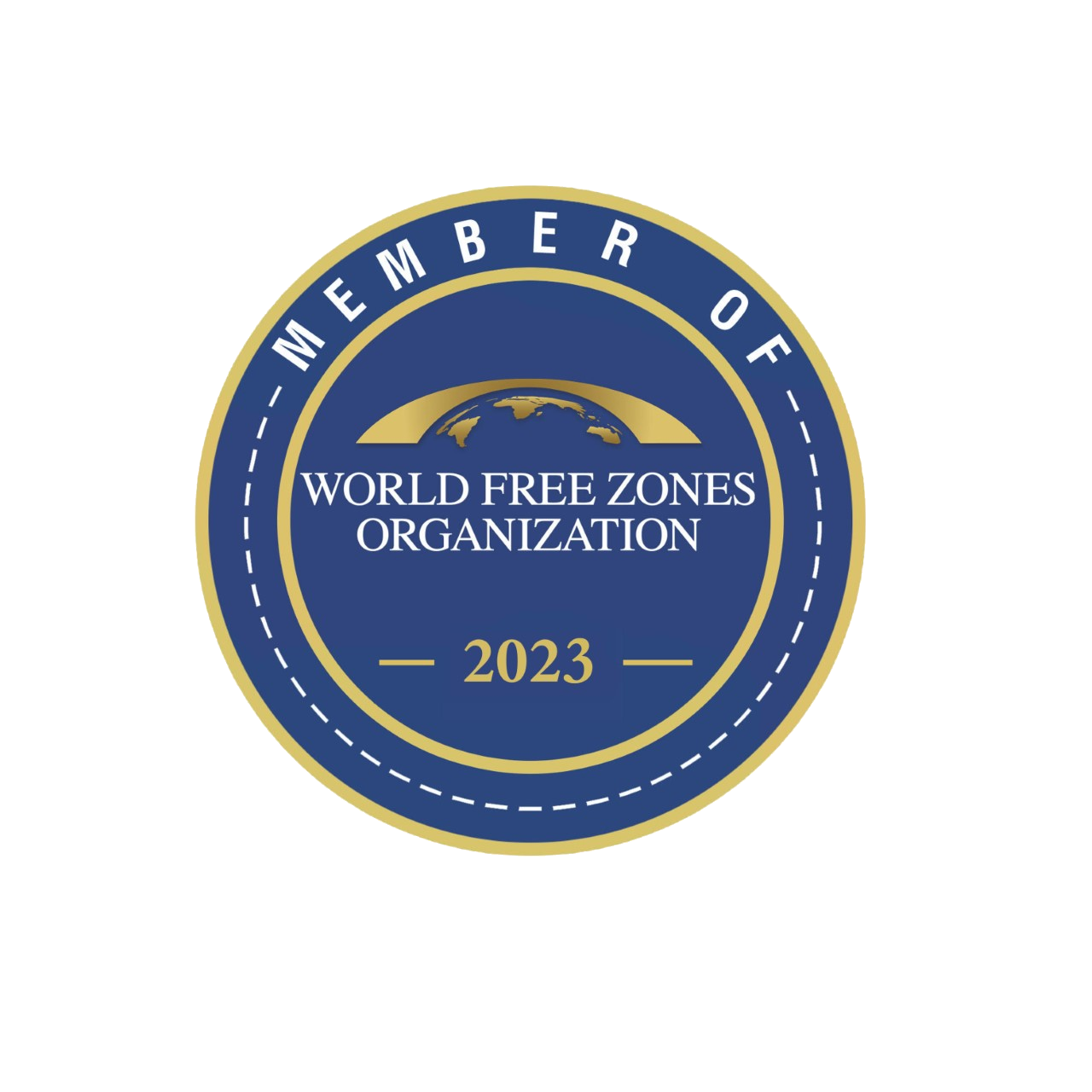The Collapse of SVB: A Contagion Risk for the Next Financial Crisis?
By
The Great Recession seems like an eternity in the past. As an economic scholar, I didn’t even witness the financial meltdown up close but read about the absolute chaos emanating from the noughties in books and academic entries. Over the course of the last decade, I am sure I wasn’t the only one used to the regulatory guardrails introduced in the wake of the economic collapse. It has been somewhat reassuring that the world would not witness such broad-based economic disruption again or that it would be at least relatively deftly handled before it gets out of hand.
The recent collapse of the Silicon Valley Bank (SVB) dares to question that sentiment of reassurance. And the timing could not be more consequential.
The failure of SVB has sent shockwaves through the financial community, with some analysts drawing parallels between the bank’s downfall and the 2008 financial crisis. SVB was a well-capitalized institution seeking to raise funds, but a panic induced by the very venture capital community it served and nurtured ended its 40-year run within 48 hours.
Regulators shuttered SVB last Friday and seized its deposits in the most significant banking failure in the United States since Washington Mutual went bust in 2008 – and the second-largest ever. SVB was ranked the 16th biggest bank in America at the end of last year, with about $209 billion in assets.
The roots of the SVB collapse stem from dislocations spurred by higher rates. As start-up clients withdrew deposits to keep their companies afloat in a chilly environment for IPOs and private fundraising, SVB found itself short on capital. Read more>>

